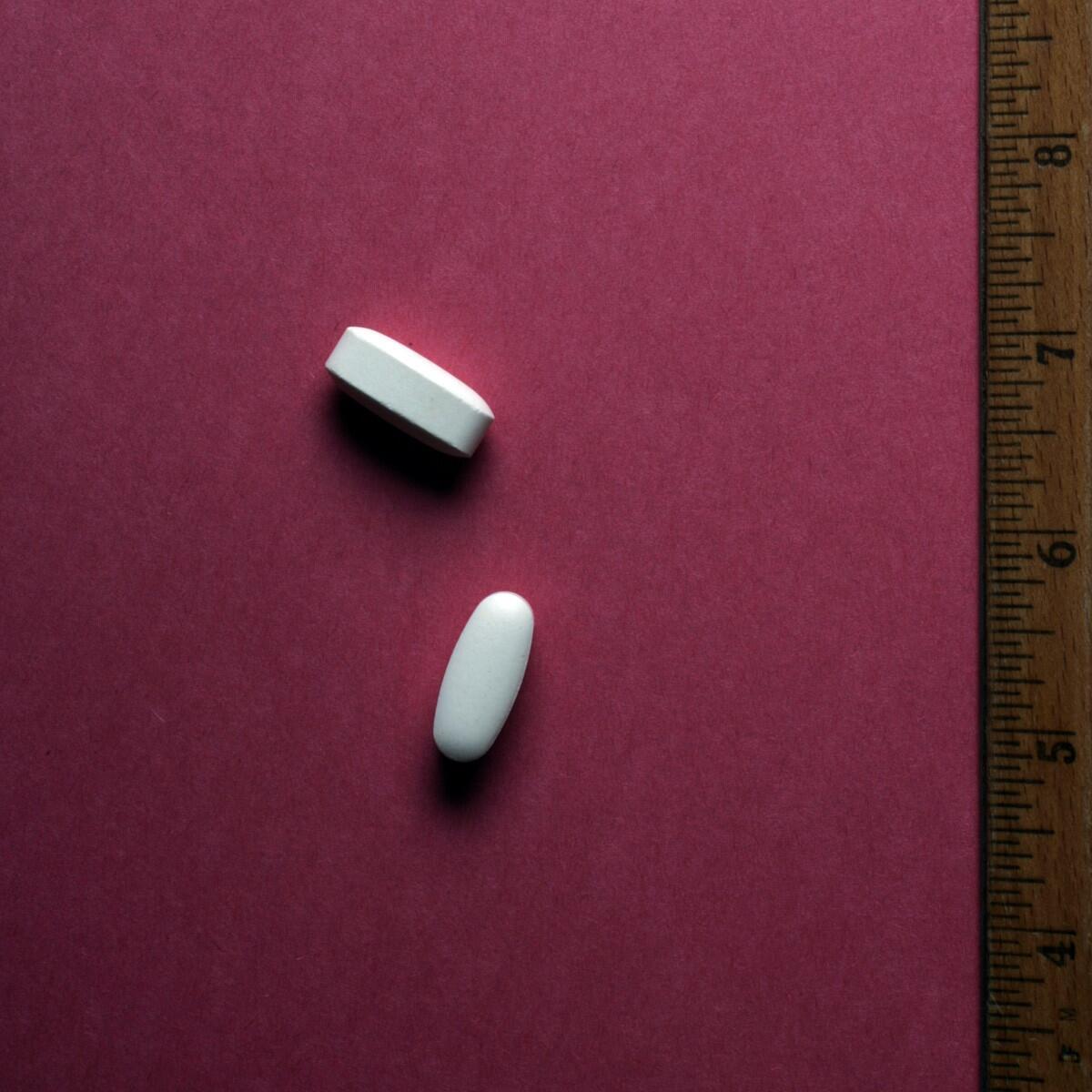Glucosamine promotes longevity in worms and mice, study says

Researchers in Europe say glucosamine helped to extend the life span of worms and aging mice by mimicking a low-carbohydrate diet.
In a paper published Tuesday in Nature Communications, scientists from Germany and Switzerland reported that the popular supplement extended the life span of roundworms by 5% and old mice by almost 10%.
Glucosamine has been marketed for years as a treatment for arthritis and a promoter of joint health, but recent studies have argued that the supplement does not prevent cartilage deterioration or ease knee pain.
“Nevertheless, glucosamine has been in long-term use in humans for several decades and induces no relevant side effects aside from occasional allergic reactions,” wrote senior study author Michael Ristow, a medical researcher at the Energy Metabolism Laboratory at the Swiss Federal Institute of Technology Zurich.
Ristow and his colleagues examined the effects of glucosamine on the mitochondria of Caenorhabditis elegans, a worm known as a nematode. Mitochondria are the power plants of cells, and convert fuel to energy.
The researchers said that glucosamine increased the breakdown of fatty acids and amino acids, similar to what happens when organisms exist on a low-carbohydrate diet.
Interestingly, the life-extending effects of glucosamine were erased when the worms were also given antioxidants, which are touted for their health-promoting effects in humans.
Study authors said this may be because the antioxidants were countering the effects of free radicals like reactive oxygen species, or ROS. Though some scientists argue that free radicals contribute to aging, Ristow and his colleagues said they might actually play a role in longevity.
Their findings, they wrote, suggest that a “low-dose transient increase in ROS formation promotes metabolic health and life span, thereby questioning the free radical theory of aging.”
In addition to the worm experiments, authors studied 100-week-old mice. They fed one group glucosamine, in addition to their normal diets, while a control group was not given glucosamine.
The mice were the human equivalent of 65 years old when the experiment began, Ristow said, and the glucosamine group lived 10% longer than the non-glucosamine group. Ristow said in human terms that would be the equivalent of eight years.
Ristow said glucosamine’s effects on mice and worms were not proof that it would extend human life.
“But the chances are good, and since unlike with most other potentially life-span-extending drugs there are no known relevant side effects of glucosamine supplementation,” Ristow said in a statement. “I have started taking glucosamine myself.”
Tim Spector, a professor of genetic epidemiology at Kings College in London who was not involved in the study, cautioned people against jumping to conclusions.
“Glucosamine is an interesting molecule that could affect us subtly in many ways,” Spector said in a statement released by the Science Media Center in England.
“If an even modest effect on aging were proven it would be a major advance. However, humans are not the same as worms or rodents, and studies will need careful replication before we get over-excited,” he said.






